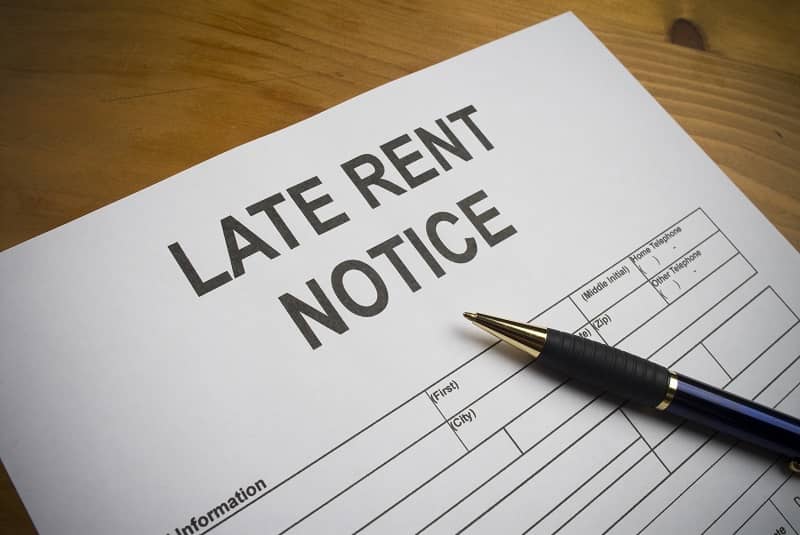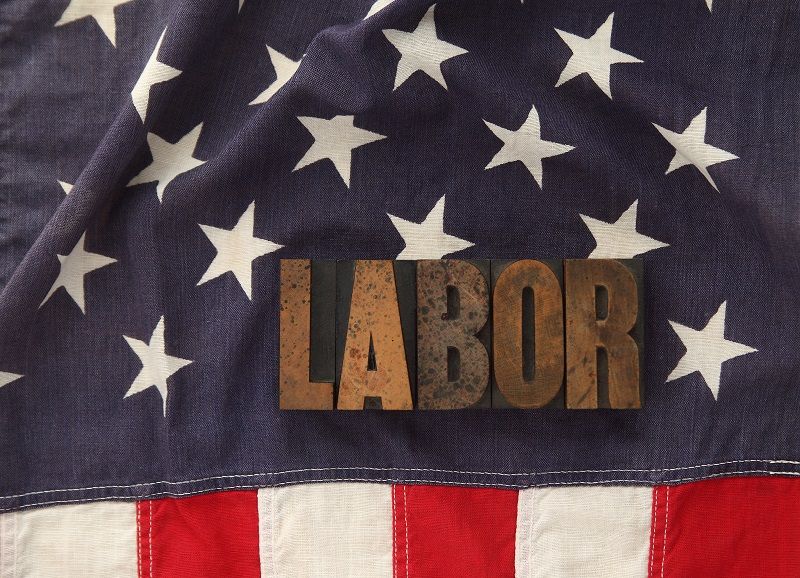By Kathryn Hickok and Steve Buckstein
This month, National Employee Freedom Week (August 14-20, 2016) called attention to the rights of union members to opt out of union membership if they choose and to stop paying dues and fees to unions they do not support. National Employee Freedom Week has conducted surveys of union members and households. One of this year’s significant findings is that a strong majority of union members nationwide agree that if members opt out of paying union dues and fees, they should represent themselves in negotiations with employers.
Two-thirds (66.9%) of Oregon union members agree with this proposition. “Worker’s Choice” would end the so-called free-rider problem (really a forced-rider problem), which argues that labor laws require unions to continue representing workers even after they stop paying dues. The Mackinac Center for Public Policy explains: “Without requiring a complete overhaul of collective bargaining laws, [Worker’s Choice] can free unions from having to provide services to employees who do not support them, and allow individual employees to represent themselves and negotiate independently with their employers.”
Now we know that two-thirds of Oregon union members want workers to be able to represent themselves, and they don’t want to force unions to represent non-dues payers. It remains for future court decisions, or other political efforts, to end union compulsion in Oregon. Until that happens, Worker’s Choice should continue to be brought to the attention of union members and the public.
Kathryn Hickok is Publications Director and Steve Buckstein is Senior Policy Analyst and Founder at Cascade Policy Institute, Oregon’s free market public policy research organization.











